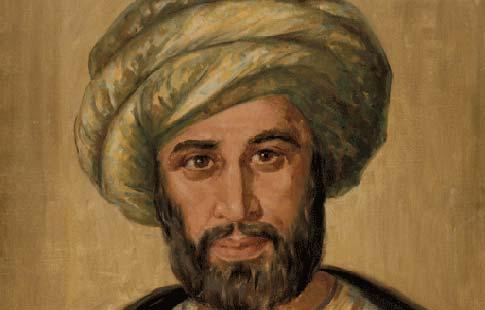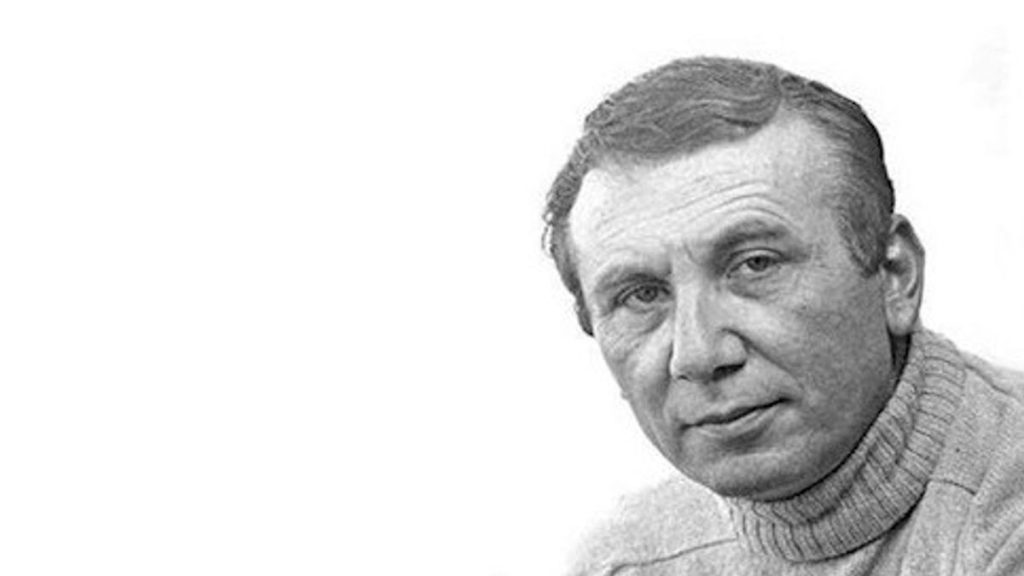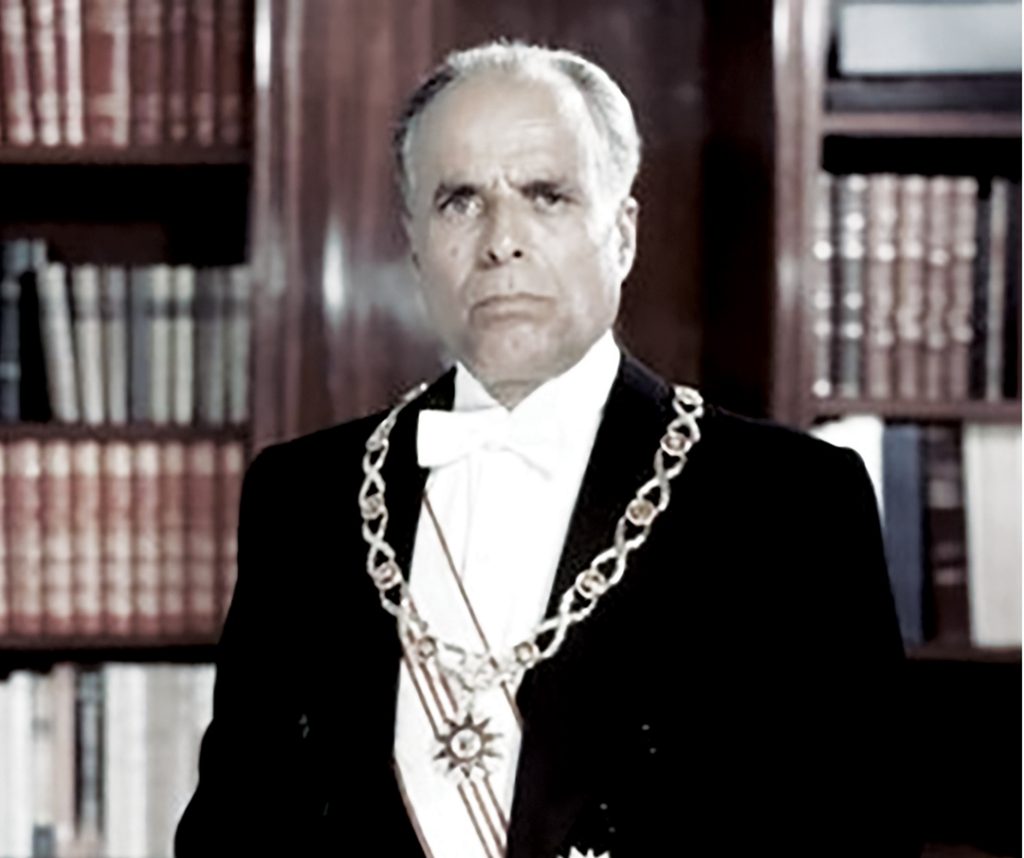As International Women’s Day (March 8th) approaches, it’s just the right time to honor the contributions of women and acknowledge the ongoing struggle for gender equality. From activists to scientists, women have broken barriers and inspired generations with their strength and determination.
However, behind many of these remarkable women stood supportive men who recognized the importance of gender equality and actively championed women’s rights.
In this post, we’ll explore the stories of four Arab male figures who have stood shoulder to shoulder with women, amplifying their voices and contributing to their empowerment.
Here’s to a day where we celebrate women and men who broke societal norms for them.
Qassim Amin
We’ll start this piece with the “father of feminism” or the “liberator of women,” Qassim Amin, an influential Egyptian thinker, writer, and advocate for women’s rights in the late 19th and early 20th centuries.
In his pivotal book The Liberation of Women, published in 1899, Amin urged women to be educated, have more freedom, and be involved in public life. He said that holding women back meant holding society back, and he wanted laws to change to improve women’s lives.
Despite facing backlash and criticism from conservative quarters, Amin’s ideas paved the way for future feminist movements in the Middle East and continue to inspire discussions on gender equality in the region.


Rifa‘ah al-Tahtawi
One of the first Egyptian travelers to France in the nineteenth century, Rifa‘ah al-Tahtawi is a pioneer in writing about Western culture in an attempt to foster understanding between Islamic and Christian civilizations.
Al-Tahtawi also supported women’s economic empowerment, advocating for their involvement in economic activities to contribute to family support. This stance was revolutionary at a time when a woman’s place was within the boundaries of her home.
“It is possible for women, should circumstances require, to engage even in businesses and jobs that are generally carried on by men” – (al-Murshid al-Amin, Ch. 3, Section 3).


Nizar Qabbani
We can’t just write this piece without mentioning the Syrian poet Nizar Qabbani, who’s renowned for his lyrical pieces that focus on the complexities of Arab society.
He was specifically known for his progressive views on women’s rights and his criticism of societal norms that oppressed women. Qabbani’s works resonated with audiences across the Arab world and beyond, earning him a dedicated following and widespread acclaim.
Researchers have also analyzed his poetry, and many publications discuss how he portrayed Arab women in his pieces, pushing them to control their lives, bodies, and destinies.


Habib Bourguiba
All the way from Tunisia is Habib Bourguiba, the first President of the country. He ruled it for 30 years following its independence from France and was responsible for one of the most important gender reforms in history.
He was also granted “the father of feminism” and “Tunisian women’s liberator” titles because of the freedom and rights he granted to Tunisian women.
Bourguiba was the one who was responsible for setting a minimum age limit for women to get married, the right to take custody of their children should their husband pass away, and more rules that ‘free’ the lives of Tunisian women.

Being a Man Is Being an Ally
True strength lies in being an ally; for being a man is not defined by dominance but by compassion, respect, and unwavering support for all.
Happy International Women’s Day!
WE ALSO SAID: Don’t Miss It…Setting The Record Straight: Seven Misconceptions About Feminism In The Arab World



